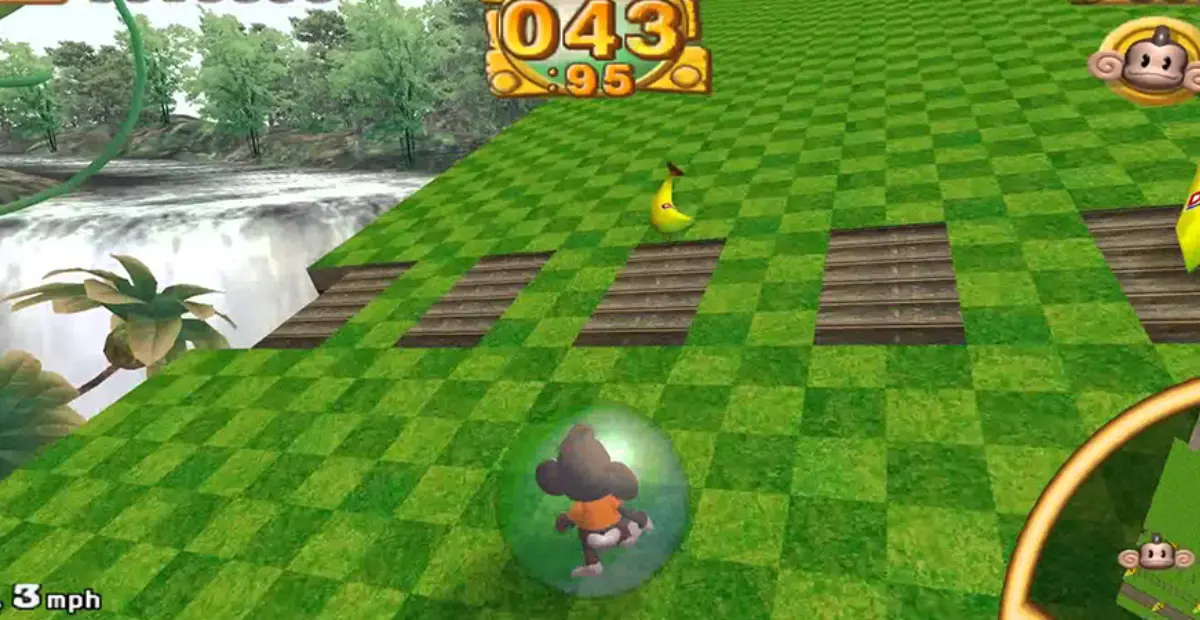In 2011, innovative game designer Jane McGonigal wrote a book about her experiences with gamers and how to live better through games. The book was Reality is Broken, and it discussed how to improve life through gamification.
Offering rewards for people to achieve has become a staple in our everyday lives, from points on credit cards to badges in apps. Every little win gives us a little burst of dopamine that makes us want to reach out for one more attempt. There is always one more carrot to make us want to take one more step towards our goal. We have discussed before how goal setting and rewards can help motivate students to achieve. But there are other ways to build that excitement for learning.
Chapter four of Reality is Broken begins with the story of an experiment that discovered that success is motivational, but to be entertained and encouraged by failing may be more motivational. The M.I.N.D. Lab studied how gamers reacted to success and failure in 2005 by using the Super NES game Super Monkey Ball 2. It is a game where you “bowl” with monkeys in clear balls. A gutter ball sends the monkey hurling into space with an entertaining graphic. The monitored subjects reacted well to hitting the pins with the ball, but they were more excited when the ball went off the side.
Their reasoning? By failing, and receiving something positive out of the experience, they are encouraged to try again. It is a combination of a challenge that they feel they can overcome and the opportunity to overcome it that keeps the gamers returning to the game. Learning a new piece of information releases the same dopamine as earning a badge in an app. According to a study done by The Princeton Review, 90% of high school students are focused on the results of their work, while only 10% are focused on the process of learning. Making the process of learning engaging keeps the students interested in the lesson. It becomes a challenge they want to achieve.
The Center for American Progress surveyed students from across the country and came to similar conclusions. Up to 37% of fourth graders surveyed stated that their math problems were too easy. The highest performing students overwhelmingly agreed (67%) with the statement “Schoolwork is interesting,” while a much smaller percentage (40%) of lower-performing students agreed with this declaration. Students that lack challenges are not engaged. If they are not engaged, they are not learning. Instilling a love of the process of learning makes it much more likely that they will achieve better results in the long run.
Students that discover at an early age experiments and unknowns in learning can be as enjoyable as the successes also discover doing the wrong thing becomes less intimidating. Accepting the challenge of the unknown becomes part of the process. Learning becomes a journey, filled with exciting new challenges to overcome instead of something to fear. As the Super Monkey Ball 2 players learned, the fun of the game is not always the success. Sometimes it is the joy of the journey!



